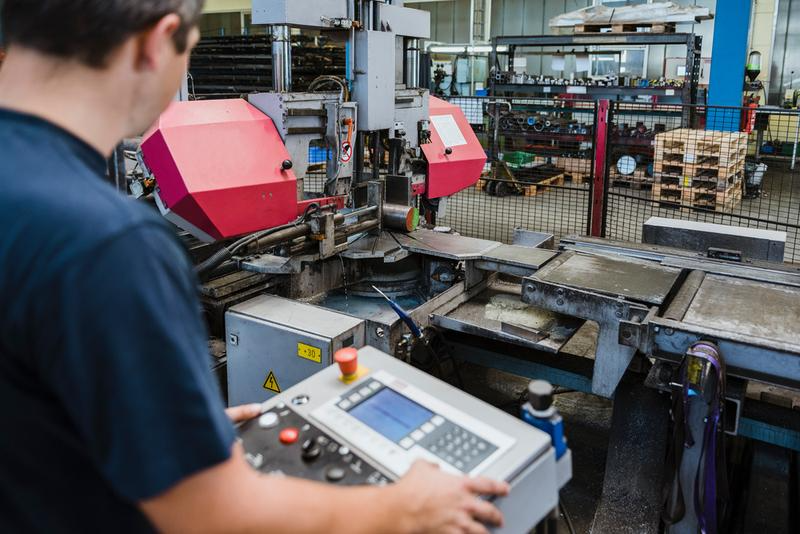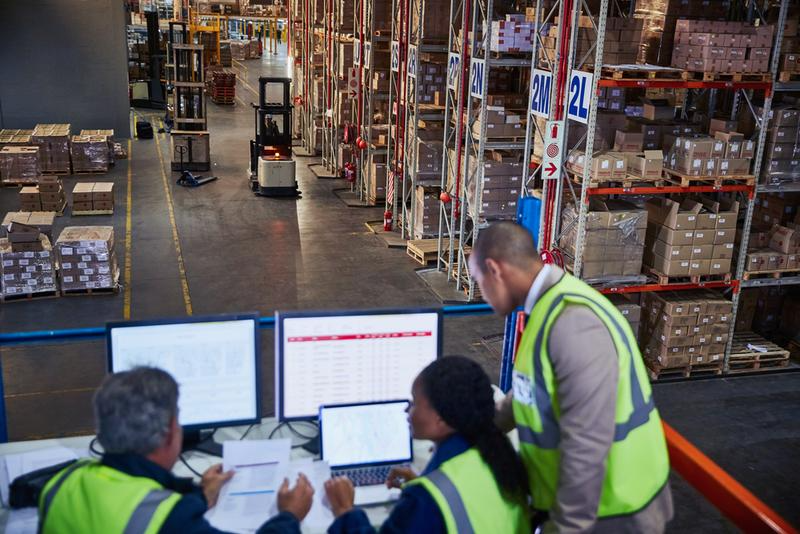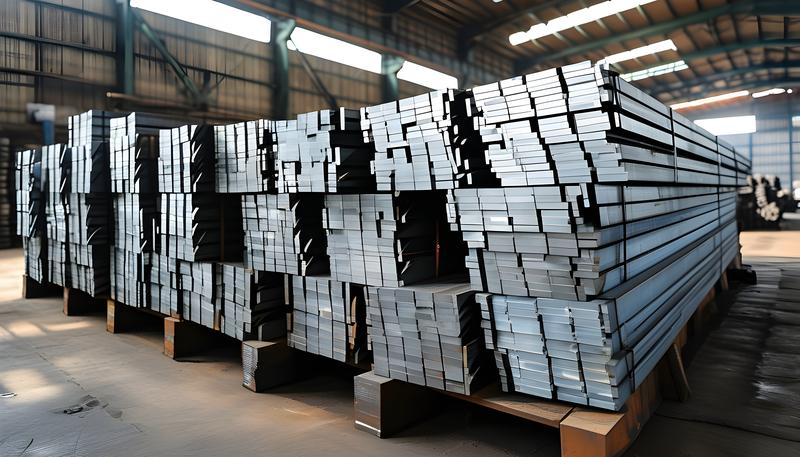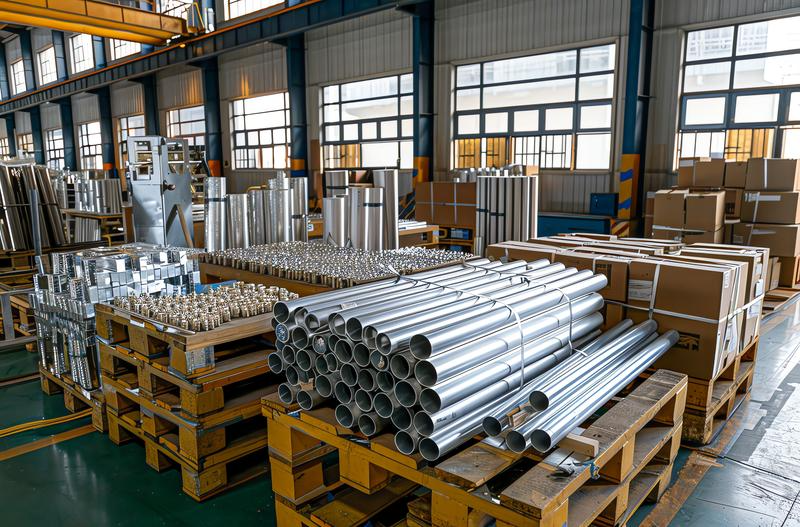Why International Buyers Prefer Trading Companies Over Direct Factory Deals

What Type of Trade Model Do International Buyers Prefer?
Many international buyers prefer working directly with manufacturers as it allows them to save a significant amount of money. Manufacturers can offer the lowest prices, and if issues arise, their ability to handle and resolve problems is generally stronger than that of trading companies.
Ideally, this direct trade model, which eliminates the middleman, should be more popular with buyers, reducing the need to work with trading companies. So, why do trading companies continue to thrive?
How is it that small trading companies, often with just a handful of people, are able to secure large orders? What advantages do they offer that attract international buyers?

Why Do Buyers Choose Trading Companies?
1.Wider Product Range
A trading company doesn’t limit itself to the products of a single manufacturer; instead, it sources products from multiple factories, offering a broad range of items, often with different specifications. This flexibility gives buyers many options. For example, a buyer may need various types of furniture hardware, such as hinges, nails, springs, furniture legs, metal frames, sliding rails, and bathroom fittings. But a standard hardware manufacturer might only offer one type of product. Without a trading company, buyers would need to deal with multiple manufacturers, increasing time and labor costs, which could easily offset the savings they would make by buying directly from a factory.
If buyers skip working with a trading company, they’ll need to send people all over China to deal with different factories. Even attending trade shows may not always yield the right product. Working with a well-stocked trading company simplifies the process and saves significant time.

2.Faster Delivery and Lower Minimum Order Quantities
Unlike manufacturers, trading companies aren’t factory agents but independent entities. After purchasing from manufacturers, they typically store goods in their own warehouses, making it easier to fulfill smaller orders. Many buyers, especially those with smaller order volumes, often face difficulties meeting manufacturers’ minimum order quantities. This can make direct purchases inefficient, especially when dealing with a variety of products. Trading companies can offer smaller orders across multiple categories, making it easier to meet buyer needs while still being profitable.
Moreover, time is a crucial factor for many buyers. Trading companies often stock ready-to-ship items, allowing buyers to receive their products quickly without waiting for a factory to produce them.

3.Buyers Value Service as Much as the Product
Price isn’t the only factor that influences purchasing decisions—service plays a big role. Buyers prefer working with companies that provide excellent service, which is often easier to find in trading companies.
Trading companies act as intermediaries between the buyer and the factory, facilitating smooth communication and handling any issues that arise. Many factories focus solely on production and may lack the capacity or inclination to offer high-quality customer service. A good trading company can bridge this gap, helping buyers navigate the complexities of international trade.
Trading companies often go the extra mile, such as placing orders in advance to ensure products are available when buyers need them, even if it means taking on some risk. They might also work with buyers to find new suppliers, ensuring the buyer’s needs are always met.

4.Minimizing Risks for Buyers
When manufacturers produce goods, they don’t always meet the buyer’s exact expectations. This can lead to time-consuming and costly adjustments, or worse, the need to find a new supplier. Trading companies offer more flexibility by working with multiple manufacturers. If one factory’s product doesn’t meet expectations, the trading company can switch to another supplier, minimizing the risk of delays or poor-quality goods.
Additionally, trading companies serve as the buyer’s local agent in China, making the entire procurement process more convenient and less risky.

5.Client Referrals and Strong Relationships
Many trading companies thrive through word of mouth. If a buyer is satisfied with the service, they often recommend the company to others in their industry. Over time, strong relationships form, and a company’s reputation can be its greatest asset.
Some trading companies build their business on personal relationships and referrals, not just business deals. Clients who trust a trading company will often continue to work with them, even when they know the manufacturers personally.

6.Professional Communication Skills
It’s not enough to just know the products; effective communication is key. Many factories, even those with high-quality products, struggle with sales and international communication. They may not have the language skills to communicate effectively with foreign buyers, and that can create barriers.
Trading companies, on the other hand, employ specialized sales teams with strong language skills, making it easier for buyers to communicate in their preferred language. This improves the buyer’s experience and builds trust.

7.Direct Factory Sales Are Still Evolving
Despite the rise of B2B platforms, the model of manufacturers selling directly to end customers isn’t fully developed. The role of intermediaries, such as trading companies, is deeply ingrained in international trade. Trading companies have developed unique channels to attract and maintain customers, something that isn’t easy for manufacturers to replicate.
For trading companies to succeed long-term, they need to offer a broad product range, maintain strong relationships with multiple factories, provide excellent service, and ensure they have multilingual staff. Both manufacturers and trading companies should focus on becoming experts in their products and services to meet the needs of international buyers.

